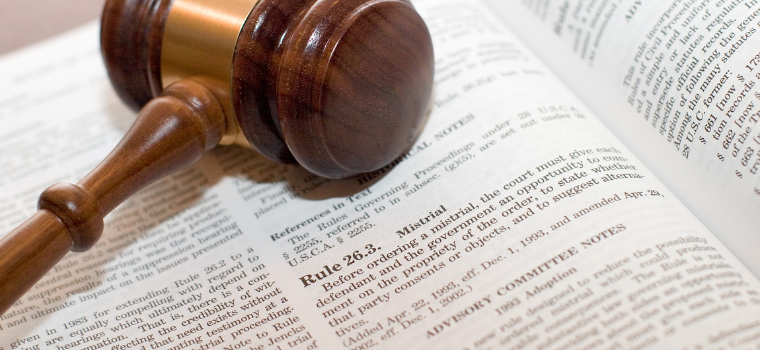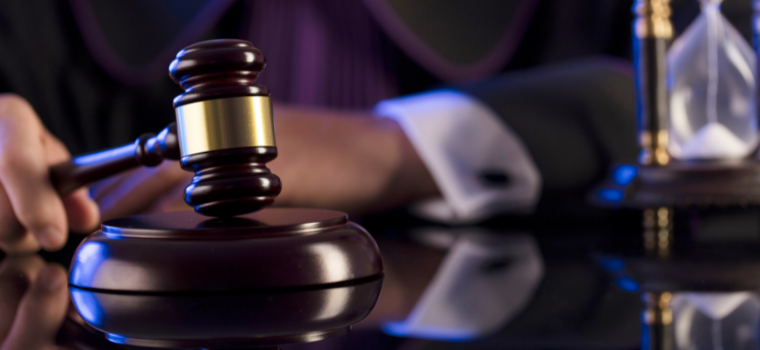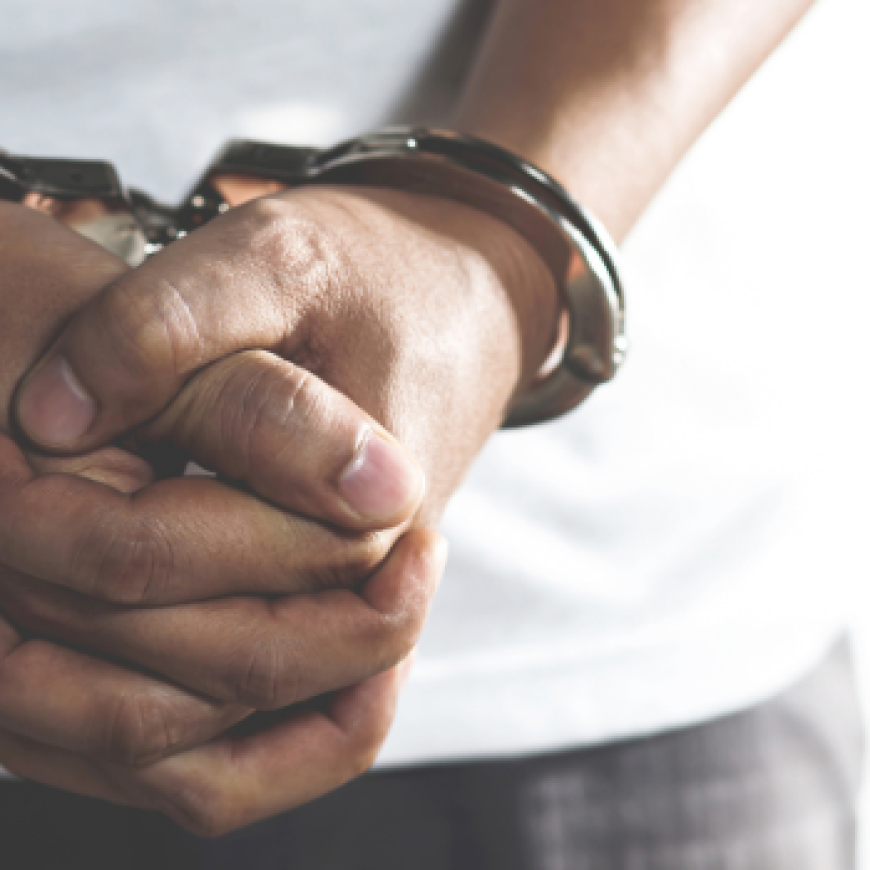Mistrials can be unexpected twists that leave both parties wondering about the next steps. Understanding what happens after a mistrial is crucial for anyone involved in a case.
What Is a Mistrial?
A mistrial occurs when a legal proceeding, such as a trial, is terminated before its natural conclusion due to a fundamental error, misconduct, or an event that prevents a fair and impartial resolution.
Common Causes of Mistrials
Several reasons can lead to the declaration of a mistrial in a legal proceeding. Common reasons include:
- Juror Misconduct: Jurors discussing the case outside of the courtroom, conducting independent research, or considering information not presented during the trial.
- Procedural Errors: Improper admission or exclusion of evidence, errors in jury instructions, or violations of legal procedures that impact the trial’s fairness.
- Inability to Reach a Unanimous Verdict (Hung Jury): After extensive deliberation, the jury is unable to reach a unanimous decision on the verdict.
- Newly Discovered Evidence: The discovery of crucial evidence that was not known or available during the original trial, potentially influencing the outcome.
- Misbehavior or Misconduct: Serious misbehavior by attorneys, witnesses, or other participants that compromises the trial’s fairness, such as intentional deception.
- Illness or Emergency: A key participant, such as an attorney, witness, or juror, experiences a severe illness or an unexpected emergency, rendering them unable to continue.
- Prejudicial Publicity: Extensive and prejudicial media coverage that could bias the jury or create an atmosphere in which a fair trial is no longer possible.
- Legal Error: Serious mistakes in applying legal rules or admitting evidence that substantially impacts the fairness of the trial.
- Conflicts of Interest: Undisclosed conflicts of interest among legal representatives or participants that could compromise the trial’s integrity.
- Defendant’s Right to a Fair Trial: Violations of the defendant’s constitutional rights, such as denial of effective counsel or a fair opportunity to present a defense.
- Judicial Disqualification: Situations where the judge has a personal or financial interest in the case, creating a perception of bias.
- Unforeseen Circumstances: Natural disasters, emergencies, or events that significantly disrupt the trial proceedings and prevent a fair resolution.
What Happens After a Mistrial?
In cases where a mistrial is declared, a common course of action involves scheduling a retrial at a later date. This situation can work to the advantage of the defense, prompting prosecutors to reassess their case and potentially leading to a more favorable outcome.
The need to prove the case beyond a reasonable doubt may prompt prosecutors to reconsider their strategy based on insights gained from the defense’s actions. In certain instances, the resolution may involve a plea bargain for a reduced charge or even a complete dismissal of the case.
Legal Consequences of a Mistrial
The legal consequences of a mistrial can vary based on the nature of the case, whether it’s a criminal or civil matter, and the circumstances leading to the mistrial. Here are some general legal consequences:
Retrial
In many cases, the primary consequence of a mistrial is the possibility of a retrial. The court may schedule a new trial with a different jury to resolve the case.
Double Jeopardy Considerations
In criminal cases, the principle of double jeopardy prevents a defendant from being tried for the same offense twice. However, if a mistrial is declared with the defendant’s request or due to prosecutorial misconduct, double jeopardy may not apply, and a retrial may be allowed.
Prosecutorial Discretion
The prosecution typically decides whether to pursue a retrial after a mistrial. Factors such as the strength of the case, the reasons for the mistrial, and the impact on witnesses can influence this decision.
Effect on Damages
In civil cases, especially those involving damages, a mistrial can impact the assessment of damages. If the mistrial occurs after liability has been established but before damages are determined, the parties may need to revisit the damages phase in the retrial.
Potential for Settlement
Parties may be more inclined to explore settlement options after a mistrial, as retrials can be time-consuming and costly. A mistrial may create an opportunity for negotiated resolutions.
Review of Mistrial Cause
The court may conduct a review to determine the cause of the mistrial, addressing any issues or misconduct to prevent recurrence in the retrial.
Appeals
Either party may choose to appeal the mistrial decision or other legal issues arising during the trial, seeking a review by a higher court.
Impact on Witnesses and Evidence
Witnesses who have already testified may face credibility issues in a retrial, and the admissibility of evidence may be reassessed.
It’s essential to consult with legal counsel to understand the specific consequences in a given case, as they can depend on the circumstances leading to the mistrial and the applicable laws in the jurisdiction.
Legal Issues Can Arise Anywhere. Seth Kretzer, Nationwide Attorney, is Ready to Help
For comprehensive legal guidance in the aftermath of a mistrial, consider contacting nationwide attorney Seth Kretzer. With a wealth of experience and a commitment to client success, Seth Kretzer is ready to navigate the legal landscape with you.
Ready to get started? Contact the Law Offices of Seth Kretzer to schedule a consultation.




